

Research
Budapest University of Technology and Economics
Faculty of Electrical Engineering and Informatics
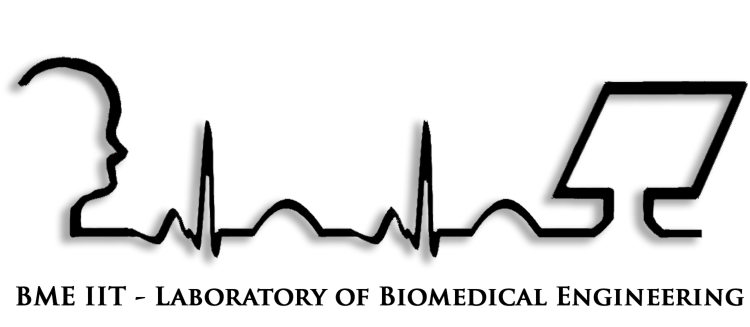
Biomedical informatics
Analysis of biomedical signals • Biomedical equipment • Biometrics • Life process modelling • Measurement of life processes • Medical imaging
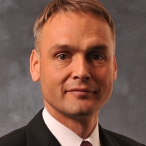
A kutatócsoport tagjai:

Benyó Balázs
full professor
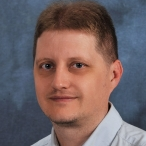
Szlávecz Ákos
associate professor
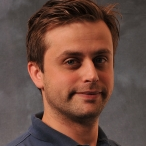
Homlok József
research fellow

Somogyi Péter
assistant professor
Szilágyi László
Tudományos munkatárs
Sódor Bálint
Tudományos segédmunkatárs
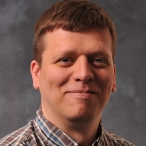
Fördős Gergely András
research fellow
The activity of the research group:
The aim of the group is to conduct high-quality interdisciplinary basic and applied research and to develop applications in both engineering and biomedical sciences. There are medical informatics applications in a vast range of fields. The group will address these diverse needs by involving students from MSc and BSc courses. The Medical Informatics group carries out activities and research related to the following areas of specialisation:- Physiological process modelling. Physiological control systems. Computer modelling and simulation. Health and medical informatics.
- Medical image reconstruction methods. Image processing methods for healthcare applications.
- Design, manufacture, installation and operation of biomedical equipment and instrumentation. Measurement of physiological processes, computer analysis of biomedical signals, biometrics.
- Providing the instrumentation and measurement background for biomedical research and design of experiments.
Recent results:
- More effective SPECT image reconstruction methods than before, in a joint project with Mediso Ltd, have been incorporated into the company's products.
- An internationally collaborative protocol for tight blood glucose control in intensive care units has been developed and applied in medical practice.
Special infrastructure:
Aurora electromagnetic tracking systemRecent projects:
H2020-MSCA-RISE • OTKA • ERAPERMED- DCPM: Digital Clone for Personalized Medicine (EU H2020-MSCA-RISE-2018 call, GA: 872488) consortium project leader
- PerFluid: Personalised perfusion guided fluid therapy (Reference Number: ERAPERMED2021-250)
- OTKA K137995 – Models and Methods for Personalized Intensive Care
